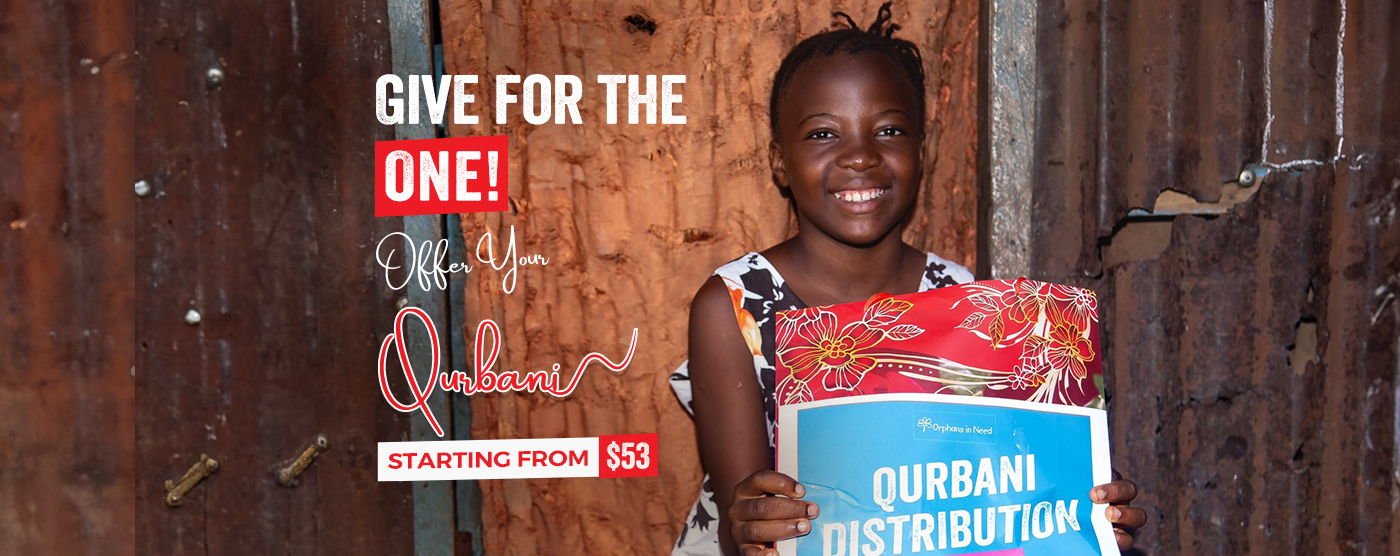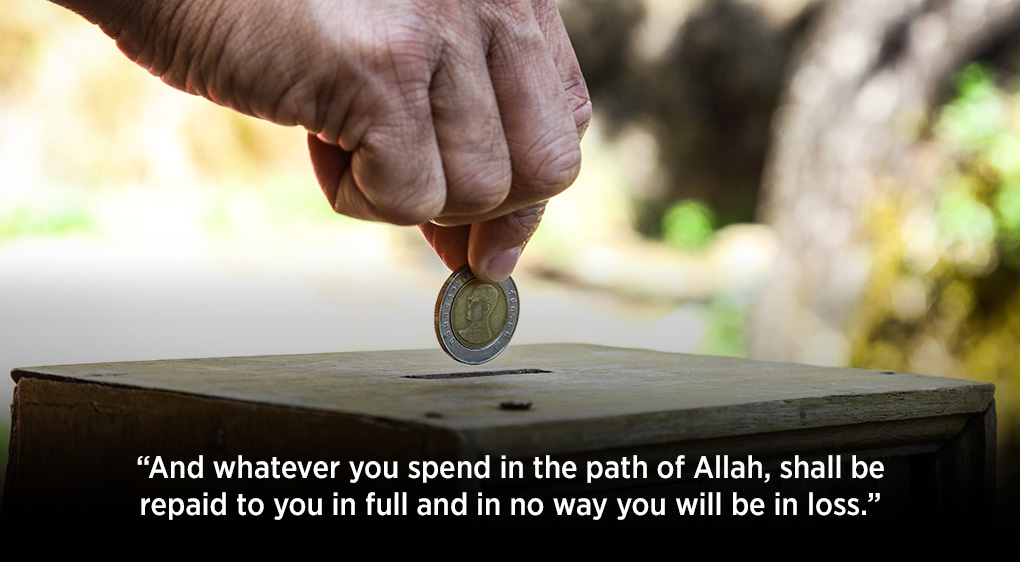
Qurbani

The final month of the Islamic calendar – known as Dhul Hijjah – is one of the most sacred times of the year for Muslims.
Qurbani Compulsory
The final month of the Islamic calendar – known as Dhul Hijjah – is one of the most sacred times of the year for Muslims. It is when Qurbani and Eid-ul-Adha are observed and celebrated. Qurbani, sometimes called Udhiya, refers to the slaughter of an animal. It is done to honor Ibrahim’s (AS) devotion to Allah when he was asked by Him (SWT) to sacrifice what was closest to him: his son. Ibrahim (AS) was ready to sacrifice his son, Ismail, in the name of Allah (SWT), but in the last few seconds Allah (SWT) replaced Ibrahim’s son with a ram.
Following Ibrahim’s willingness to sacrifice his son, Muslims are required to commemorate his dedication through Qurbani, sacrificing an animal and dividing it into three parts: one for themselves and their family, one for extended family and friends, and one for those in need.
The sacrifice takes place after Eid prayer and spans the 10th, 11th, and 12th days of Dhul Hijjah. After the three days of sacrifice are complete, Eid al-Adha begins.
Qurbani is a considerably holy time of the Islamic year, but it is somewhat lesser-known to those outside of the Muslim community. If you’re a friend of the community and are looking to learn more about Qurbani, or if you’re new to Islam or without the guidance of a local Imam, Orphans in Need is here to help.
Is Qurbani Compulsory?
Qurbani is an obligatory act for every eligible Muslim.
Who is Qurbani Compulsory For?
Qurbani is an essential part of Islam, but like Zakat and Ramadan, not everyone will be in a position to observe it. As such, the following people are deemed in a position to undertake Qurbani and must do so in order to please Allah (SWT):
- Muslims who have reached the age of puberty
- Muslims who are of sound mind
- Muslims who have 52.5 tolas (614.25 grams) of silver or the wealth equivalent (cash and possessions)
- Muslims who are not traveling and who are within 27 miles (45km) of their home
- Those who do not fit into the above categories are not required to do Qurbani.
How is Qurbani Paid?
Traditionally, Qurbani was such that the people for whom it was compulsory would sacrifice an animal or, at the very least, be present when their sacrifice was being made. Due to the distribution of Muslims around the world and the demands of modern life, a lot of Muslims make a monetary Qurbani donation to a charity like Orphans in Need. We use the money to purchase animals and slaughter them in accordance with the Qurbani sacrificial rules. We then distribute the meat amongst the neediest, though it is important to note that even though the donor may not see their share of the meat, they are still alotted one share for their household and one share for their friends.
How Much is Qurbani?
The price of Qurbani is dependent on a range of factors. Whether you donate to a Qurbani charity or partake in the sacrifice yourself, you will need to pay for at least one animal. Different animals have different values. Every eligible Muslim must pay for at least one share for themselves, but it is possible for a person to pay for other people’s shares as well as their own. For example, a couple might choose to combine their Qurbani and purchase a larger animal that is worth more than one share, and parents might choose to donate one share for each of them and one share on behalf of their children who are not yet eligible to pay Qurbani as a gesture of goodwill.
Different animals are worth different shares due to their size. Commonly sacrificed animals and their share cost are listed below:
- Goats and sheep: one share = enough for one eligible Muslim’s Qurbani donation
- Cows (buffalo in India): seven shares = enough for seven eligible Muslim Qurbani donations
- Camels: seven shares = enough for seven eligible Muslim’s Qurbani donations
- It is common for households to donate a camel, cow or buffalo as part of a family donation.
The price of each animal changes every year.
Who Receives Qurbani?
Charity in Islam is a big factor and as such, Zakat and Fitrana donations are also made throughout the year.
“A person is not a believer who fills his stomach while his neighbor goes hungry.””
Prophet Muhammad (may peace and blessings be upon him)

Qurbani donations are split into three shares, with one of those shares going to people in need, such as orphans or widows and those who are living in poverty. Our team at Orphans in Need, works across several countries and prioritizes communities in greatest need.
Pay Your Qurbani
Reap the rewards by donating your Qurbani through Orphans in Need today. For more information, please contact us.



